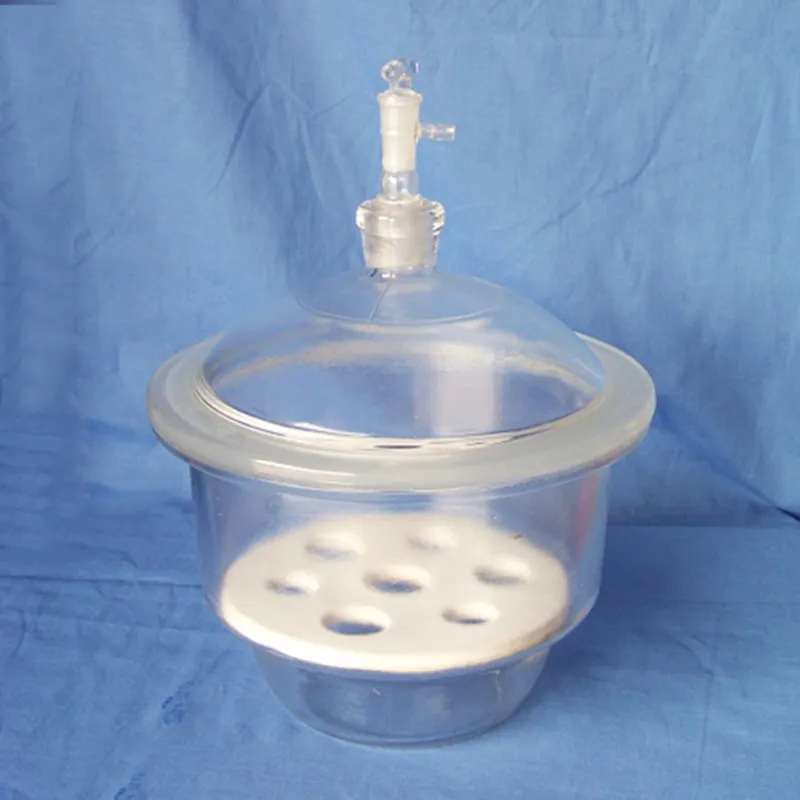
With advanced digital technology, the mri machine without case supports real-time image processing and high visualization. It has a strong build to provide steady operation under heavy loads. The mri machine without case supports a range of imaging sequences and is therefore beneficial in neurologic, abdominal, and orthopedic use.

The mri machine without case in pediatric radiology is employed to assess congenital illness and growth disorder. It provides an opportunity to perform imaging without radiation, and therefore, it is a perfect instrument to be utilized in children. The mri machine without case provides critical information on neurological, cardiac, and bone disorders at an early stage of growth.

The mri machine without case will move towards small, compact designs with improved patient comfort. AI systems will automatically position and set parameters, reducing the operator's workload. The mri machine without case will also include data analytics to personalize imaging protocols for anatomy and clinical needs.

Routine maintenance of the mri machine without case means ensuring that the helium in the superconducting magnet is checked and the cooling system is in top condition. The imaging coils and control console should be cleaned and inspected regularly. Trained individuals should be involved in the handling of the mri machine without case for accuracy and safety of operation.
The mri machine without case enables doctors to examine internal anatomy with unimaginable accuracy and non-surgically. It guides soft tissue, nerves, and blood flow patterns with magnetic resonance. The mri machine without case is also used to diagnose internal injuries and track disease progression over a period of time.
Q: Why do MRI machines make loud noises during scans? A: The noises come from the rapid switching of gradient coils that generate precise magnetic fields necessary for capturing detailed images. Q: Can MRI scans be done with contrast agents? A: Yes, sometimes contrast agents like gadolinium are used to highlight specific tissues or blood vessels, improving visibility of certain conditions. Q: How should MRI machines be maintained? A: Regular calibration, cryogen level checks, and environmental control are essential for maintaining stable magnetic performance and image accuracy. Q: Is MRI safe during pregnancy? A: MRI is typically considered safe during pregnancy, especially after the first trimester, but contrast agents are usually avoided unless medically necessary. Q: Can MRI be used in veterinary medicine? A: Yes, MRI is widely used in veterinary hospitals to diagnose brain, spine, and joint conditions in animals with the same precision as in human medicine.
The water bath performs consistently and maintains a stable temperature even during long experiments. It’s reliable and easy to operate.
The microscope delivers incredibly sharp images and precise focusing. It’s perfect for both professional lab work and educational use.
To protect the privacy of our buyers, only public service email domains like Gmail, Yahoo, and MSN will be displayed. Additionally, only a limited portion of the inquiry content will be shown.
Hello, I’m interested in your centrifuge models for laboratory use. Could you please send me more ...
Could you share the specifications and price for your hospital bed models? We’re looking for adjus...
E-mail: [email protected]
Tel: +86-731-84176622
+86-731-84136655
Address: Rm.1507,Xinsancheng Plaza. No.58, Renmin Road(E),Changsha,Hunan,China